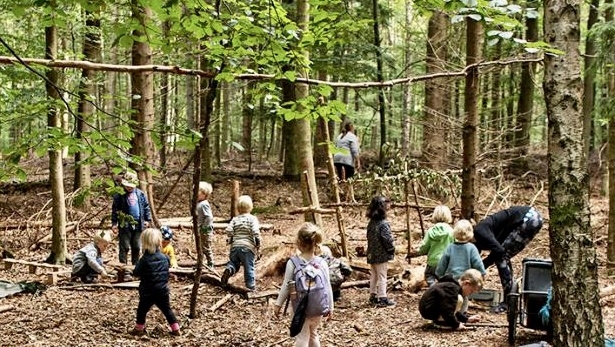Educational Programs
Teaching schools and kindergartens about the global goals and sustainability
Schools
We deliver value-based learning design and courses to Copenhagen primary schools via the Open School programme. Our courses relate to community development, biodiversity, inclusion, migration and poverty. The idea is to diversify the learning opportunities offered in schools and institutions and empower local professionals to design their own lessons in innovative and engaging ways. We focus on solutions that give children and young people a sense of their own impact on society and the great challenges we face. For now, the world goals are the particular focus of our programs:
- GOAL 5: Gender Equality
- GOAL 10: Reduce Inequality
- GOAL 11: Sustainable Cities and Communities
- GOAL 15: Life on land
By engaging in a variety of methods and media, including podcasts, mapping, and through the lens of concrete examples, we look at how the Global Goals require society to be more solution-oriented and clear in its approach to the consequences of the world’s diverse crises and challenges.
For example, when we work with primary schools on SDG 10: Reduce Inequality in and between countries, we present a series of audio narratives based on interviews with homeless migrants in Copenhagen. This program also involves a visit to “Kompasset”, a shelter run by our collaborator the National NGO Kirkens Korshær, which helps distressed, homeless and job-seeking migrants.
When we work with World Goal 15, for example, we focus on biodiversity & insect life, design & green art, e.g. insect hotels.
Programs in Danish (PDF download)
Programs in Danish (PDF download)























